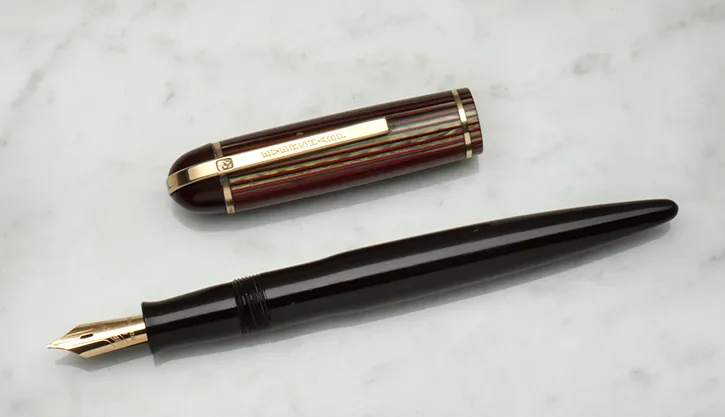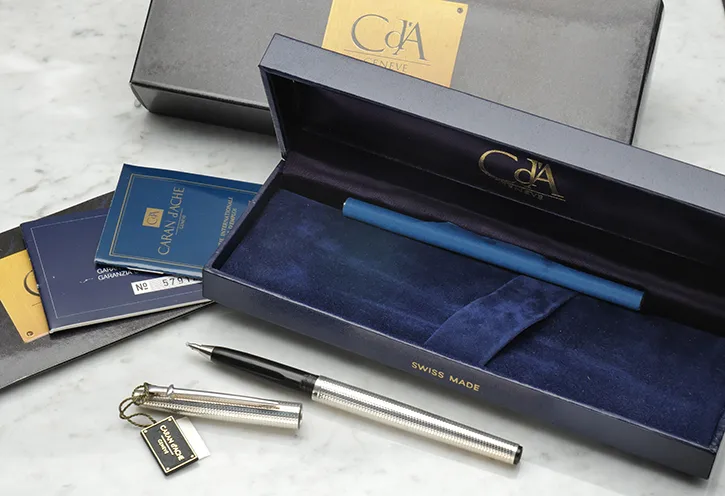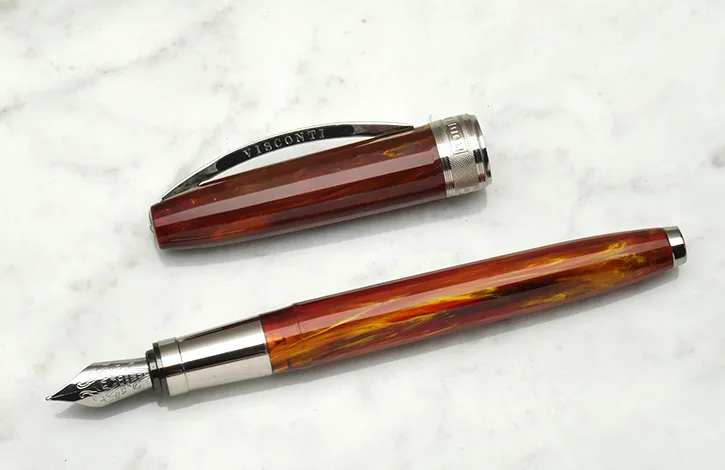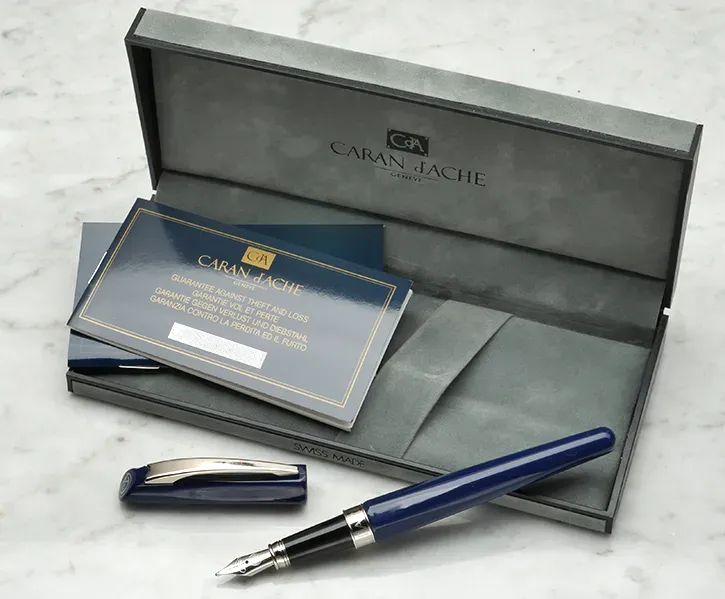The soul of the fountain pen
if it exists
I recently came across an interview with a fountain pen maker in a daily newspaper (print) called "Pens that have a soul". Since I have been working with pens, I have regularly come across similar sentiments that pens have a soul. In connection with this title, I decided to investigate the question and, if the pen has a psyche, to dive into the subject as a pen psychologist. The question is a tricky one, since if the conclusion of my reasoning is that pens are soulless, I could easily burn myself with the same diagnosis. So I will make it clear from the outset that whatever the outcome, the question is unprovable. But there are a few things to ponder about whether any object has a soul.
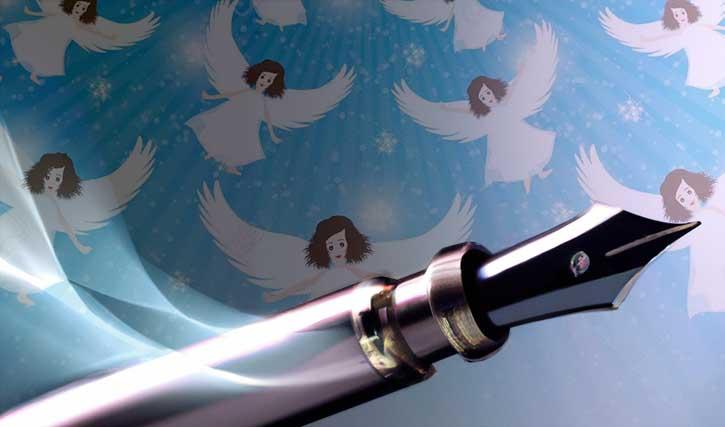
If the soul is divinely created and immortal, it can be applied primarily to living or once-living objects, since death separates the body and its mover, and at creation it is joined together, just as the puppeteer, through movement, makes the inanimate alive again.
The soul is therefore essentially identical with the life force manifested in the various living bodies. Through the association of the living soul with them, these bodies themselves become living.
In the interview, the pen maker uses wood (as a craftsman, he adds), which was once a living material, in addition to metal and plastic materials, so the living-soul pairing may apply to wooden pens, insofar as the wood in question is considered living even in its immobile state, impregnated with chemicals. However, the better a wooden pen is, the less the wood 'moves', i.e. it does not crack, swell or shrink. In other words, it is perfectly dead. But on the same basis, we can associate a soul with any once-living material, from matches to a pair of chinstraps, from leather shoes to herbal hemorrhoids.
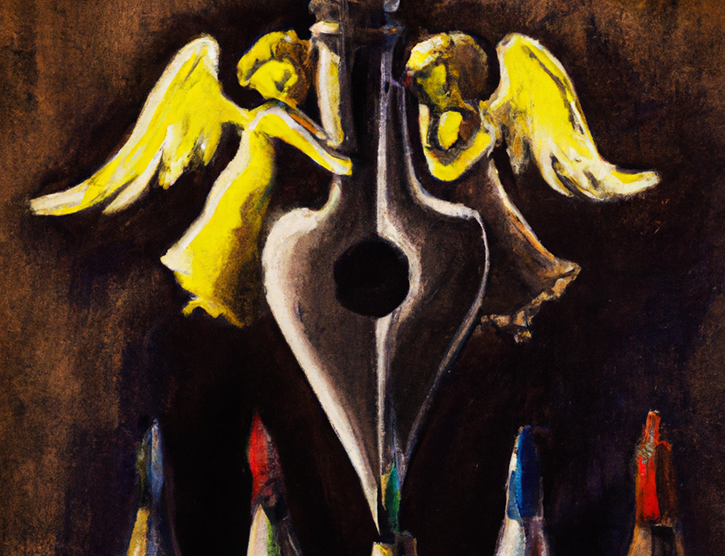
The wood, leather, oil, feathers, shoes or cream used to be part of a living body, whose cells and tissues were once constantly alive through metabolism and photosynthesis. However, once the wood has been cut down and dried in the process of making the pen, and the fountain pen has been made, it is no longer a living substance. Wooden fountain pens cannot therefore be considered living matter from a scientific point of view, as they do not have the conditions for it, i.e. they cannot metabolise independently, they do not reproduce and adapt to their environment, and they do not have sensory and locomotor capacities. In other words, objects made of it are not living matter, so if there is an inaudible soul, it cannot be in these objects, it cannot be connected to them.

But let's assume that it does.
At least in so far as we broaden the interpretative framework and link it not to the tree, but to the pen itself. But what happens if I break such a pen in two (anima separata). The tree remains, the pen is gone. If the pen (and not the wood it is made from) has a soul, then when the pen dies, its soul is taken away to the "heaven of pens", or it is moved by the soul's death to a new pen. Seen from this perspective, the pen-maker's workshop is in fact the reincarnation birthplace of the pen-soul. And if we speak of a created soul, the craftsman breathes (creates) the soul into the pen.

There is no doubt that the pen is a magical instrument in that it is through it that spiritual forces are materialized in the lines written: a thought with a spiritual quality is materialized when it is put on paper, that is, it is "translated" from its original spiritual quality into a physical quality by the fountain pen. But this transfer starts from our own soul, not from the soul of the pen or the wood.
In conclusion, I draw no conclusions. Let all these few lines be thought-provoking and thought-inducing for all.
If you have a strong opinion on the above thoughts, please share it with me.
Tamas Szucs / 2023. 03.

